#fanderdisabilityblackout
#fanderdisabilitypositivity
The month of April is Autism Awareness/Acceptance month, so I decided to take some time to research into autism whilst being careful to avoid topics that @ThomasSanders is already aware of https://abs.twimg.com/emoji/v2/... draggable="false" alt="🌈" title="Regenbogen" aria-label="Emoji: Regenbogen">
https://abs.twimg.com/emoji/v2/... draggable="false" alt="🌈" title="Regenbogen" aria-label="Emoji: Regenbogen"> https://abs.twimg.com/emoji/v2/... draggable="false" alt="🧠" title="Gehirn" aria-label="Emoji: Gehirn">
https://abs.twimg.com/emoji/v2/... draggable="false" alt="🧠" title="Gehirn" aria-label="Emoji: Gehirn">
1/17
#fanderdisabilitypositivity
The month of April is Autism Awareness/Acceptance month, so I decided to take some time to research into autism whilst being careful to avoid topics that @ThomasSanders is already aware of
1/17
So first off I thought I& #39;d start out with a few facts, before getting into my own experiences & symptoms:
1) The word "autism" comes from the Greek word "autos," which means "self."
2/17
1) The word "autism" comes from the Greek word "autos," which means "self."
2/17
2.5) Autism and schizophrenia remained linked in many researchers’ minds until the 1960s. It was only then that medical professionals began to have a separate understanding of autism in children.
3/17
3/17
TW//mention of electric shock, mention of LSD
2) From the 1960s through the 1970s, research into treatments for autism focused on medications such as LSD, electric shock, and behavioural change techniques. The latter relied on pain and punishment.
4/17
2) From the 1960s through the 1970s, research into treatments for autism focused on medications such as LSD, electric shock, and behavioural change techniques. The latter relied on pain and punishment.
4/17
3.5) During the 1980s and 1990s, the role of behavioral therapy and the use of highly controlled learning environments emerged as the primary treatments for many forms of autism and related conditions.
5/17
5/17
3) Currently, the cornerstones of autism therapy are behavioral therapy and language therapy. Other treatments are added as needed.
6/17
6/17
4) Autism runs in families. The underlying causes, however, are unknown. Most researchers agree that the causes are likely to be genetic, metabolic or bio-chemical, and neurological. Others also believe that environmental factors may be involved.
7/17
7/17
6) One in every 42 males and one in 189 females in the United States is diagnosed with autism spectrum disorder.
There is some evidence that females may also receive diagnoses somewhat later than males; however, thus far results have been contradictory.
9/17
There is some evidence that females may also receive diagnoses somewhat later than males; however, thus far results have been contradictory.
9/17
7) it& #39;s fairly common that people who are diagnosed with autism are likely to have overlaps with other disabilities such as Dyspraxia, dyslexia, ADHD, anxiety etc...
10/17
10/17
It was interesting learning these facts.
now I wanna go onto speaking about my own experiences and symptoms and how they can affect me in certain situations https://abs.twimg.com/emoji/v2/... draggable="false" alt="💖" title="Funkelndes Herz" aria-label="Emoji: Funkelndes Herz">
https://abs.twimg.com/emoji/v2/... draggable="false" alt="💖" title="Funkelndes Herz" aria-label="Emoji: Funkelndes Herz">
11/17
now I wanna go onto speaking about my own experiences and symptoms and how they can affect me in certain situations
11/17
I was diagnosed with mild autism at about 3 years old, a number of my symptoms include:
- temperature sensitivity
- limited eye contact
- difficulty with switching between tasks suddenly
12/17
- temperature sensitivity
- limited eye contact
- difficulty with switching between tasks suddenly
12/17
- need of a simple daily schedule
- repetitivity
- social communication/interaction problems
- repetitive stims such as flapping hands, bouncing, jumping, various audible stims, rocking.
- self isolation from group activities
13/17
- repetitivity
- social communication/interaction problems
- repetitive stims such as flapping hands, bouncing, jumping, various audible stims, rocking.
- self isolation from group activities
13/17
Being autistic definitely affects my social communication skills, but I can also express myself through artwork, dance, singing, social media, filming, photography and editing, just to name a few.
14/17
14/17
These are just some of the things that I can manage to focus 100% of my energy on for several hours on end a majority of the time, they also give me outlets not just for communication, but for creativity.
15/17
15/17
I& #39;ve been doing artwork since I was very young and I still enjoy creating pictures to this day, my skills have steadily improved over the years and will continue to improve for many years to come  https://abs.twimg.com/emoji/v2/... draggable="false" alt="💖" title="Funkelndes Herz" aria-label="Emoji: Funkelndes Herz">
https://abs.twimg.com/emoji/v2/... draggable="false" alt="💖" title="Funkelndes Herz" aria-label="Emoji: Funkelndes Herz">
16/17
16/17
I hope that you all enjoyed this thread and if you have any questions, feel free to drop them in the comments or DM me  https://abs.twimg.com/emoji/v2/... draggable="false" alt="🌈" title="Regenbogen" aria-label="Emoji: Regenbogen">
https://abs.twimg.com/emoji/v2/... draggable="false" alt="🌈" title="Regenbogen" aria-label="Emoji: Regenbogen"> https://abs.twimg.com/emoji/v2/... draggable="false" alt="🧠" title="Gehirn" aria-label="Emoji: Gehirn">
https://abs.twimg.com/emoji/v2/... draggable="false" alt="🧠" title="Gehirn" aria-label="Emoji: Gehirn">
@Fanderdays
17/17
@Fanderdays
17/17

 Read on Twitter
Read on Twitter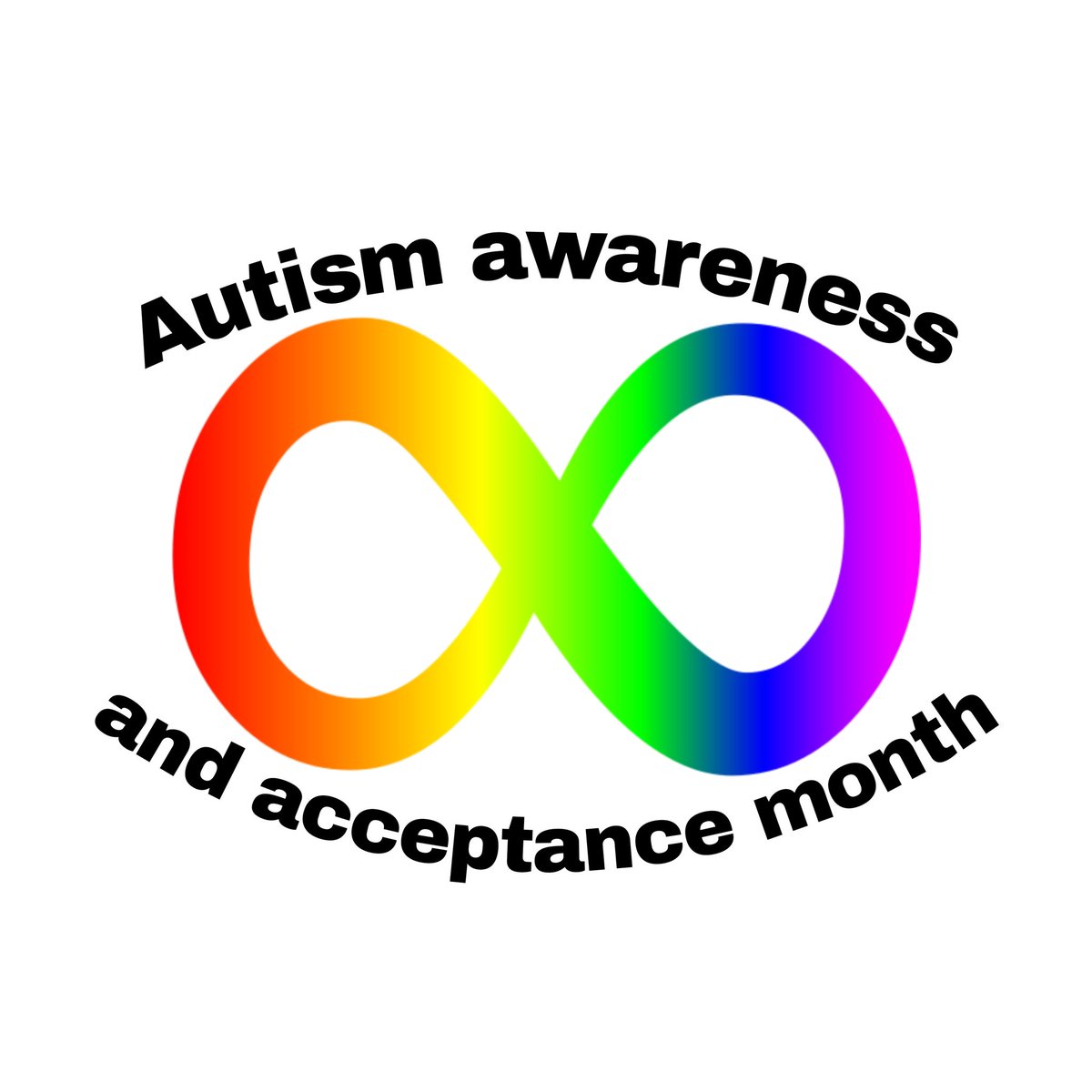 https://abs.twimg.com/emoji/v2/... draggable="false" alt="🧠" title="Gehirn" aria-label="Emoji: Gehirn">1/17" title=" #fanderdisabilityblackout #fanderdisabilitypositivityThe month of April is Autism Awareness/Acceptance month, so I decided to take some time to research into autism whilst being careful to avoid topics that @ThomasSanders is already aware ofhttps://abs.twimg.com/emoji/v2/... draggable="false" alt="🌈" title="Regenbogen" aria-label="Emoji: Regenbogen">https://abs.twimg.com/emoji/v2/... draggable="false" alt="🧠" title="Gehirn" aria-label="Emoji: Gehirn">1/17" class="img-responsive" style="max-width:100%;"/>
https://abs.twimg.com/emoji/v2/... draggable="false" alt="🧠" title="Gehirn" aria-label="Emoji: Gehirn">1/17" title=" #fanderdisabilityblackout #fanderdisabilitypositivityThe month of April is Autism Awareness/Acceptance month, so I decided to take some time to research into autism whilst being careful to avoid topics that @ThomasSanders is already aware ofhttps://abs.twimg.com/emoji/v2/... draggable="false" alt="🌈" title="Regenbogen" aria-label="Emoji: Regenbogen">https://abs.twimg.com/emoji/v2/... draggable="false" alt="🧠" title="Gehirn" aria-label="Emoji: Gehirn">1/17" class="img-responsive" style="max-width:100%;"/>
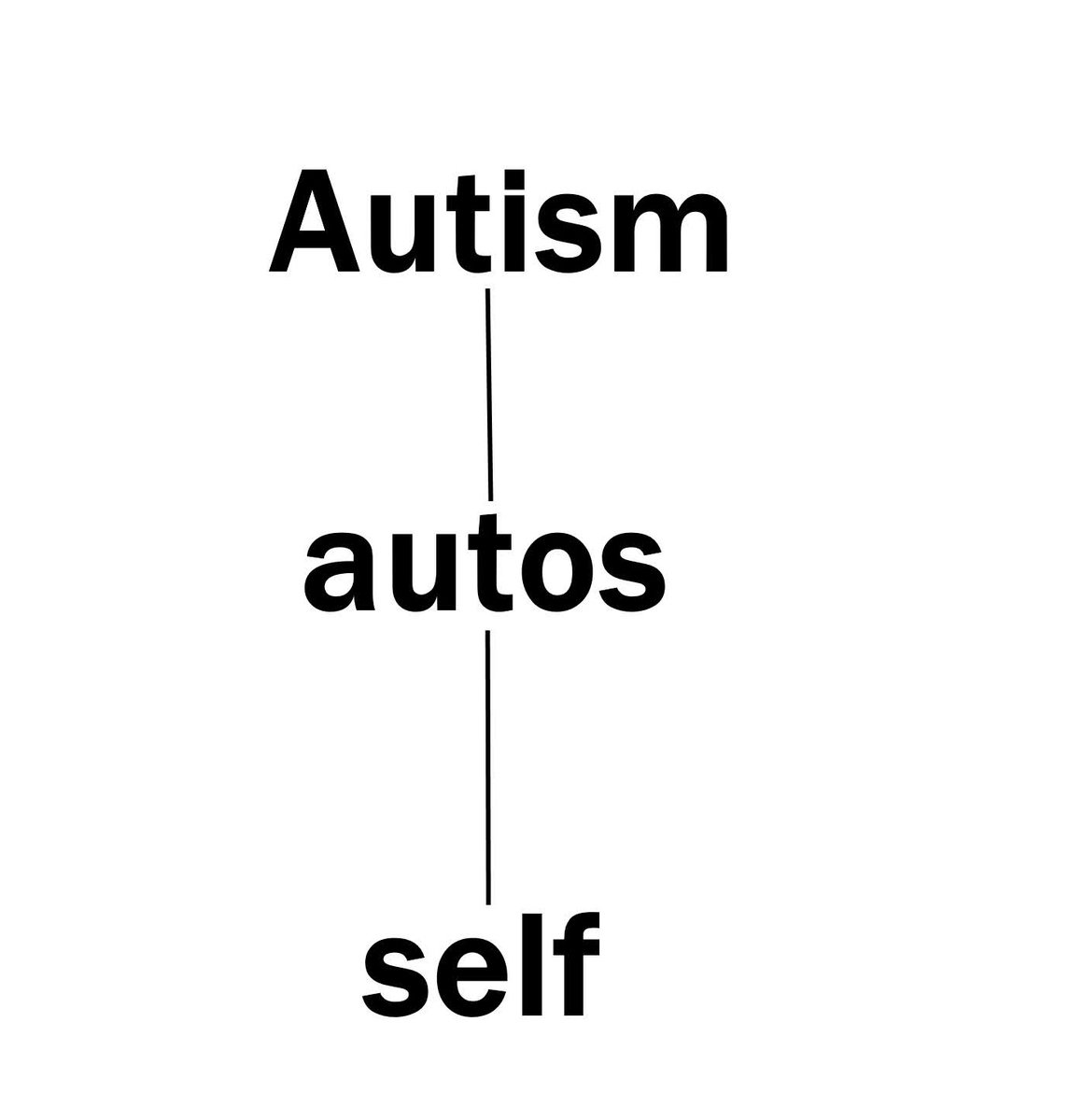
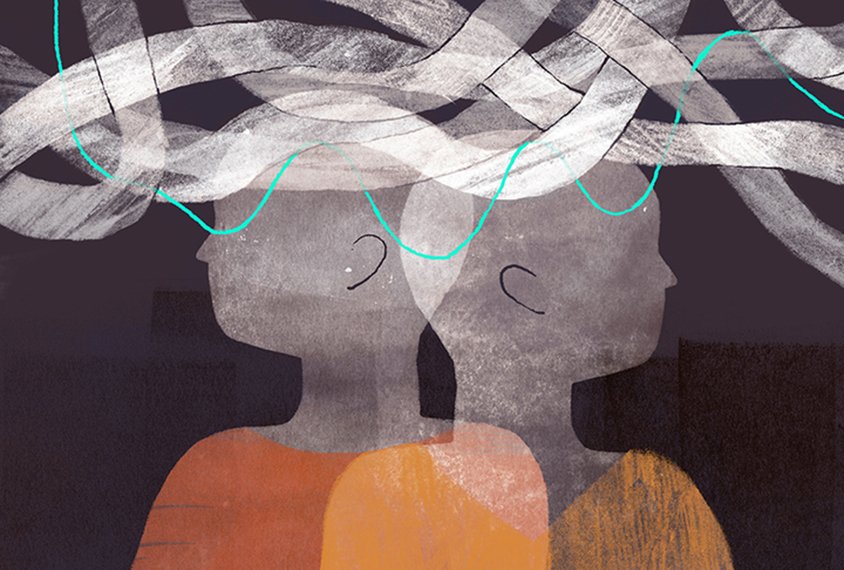

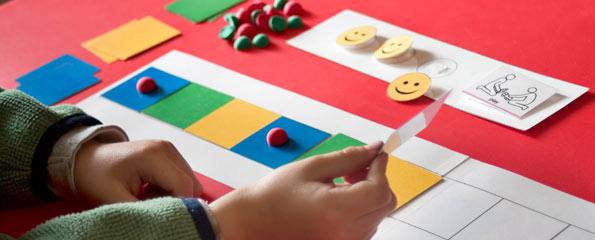
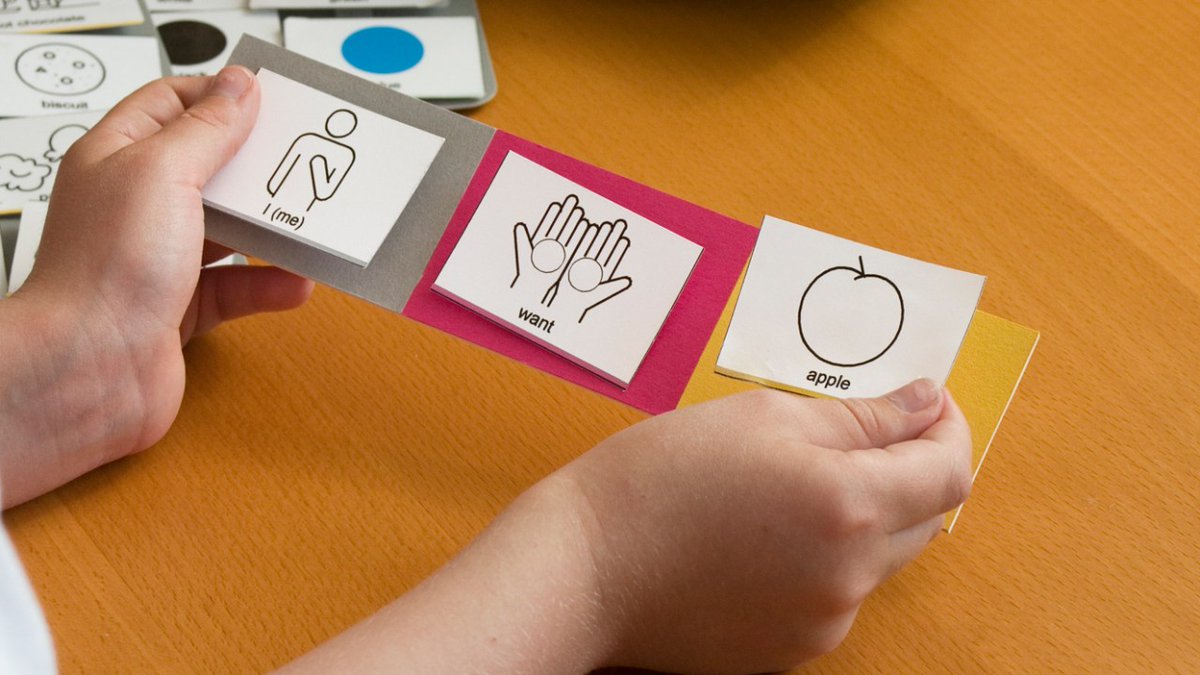
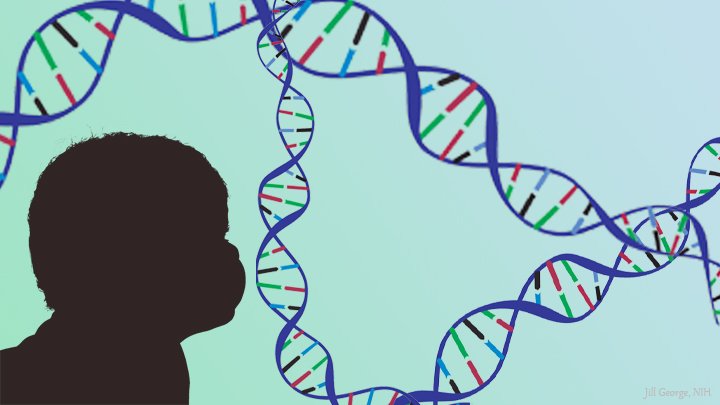
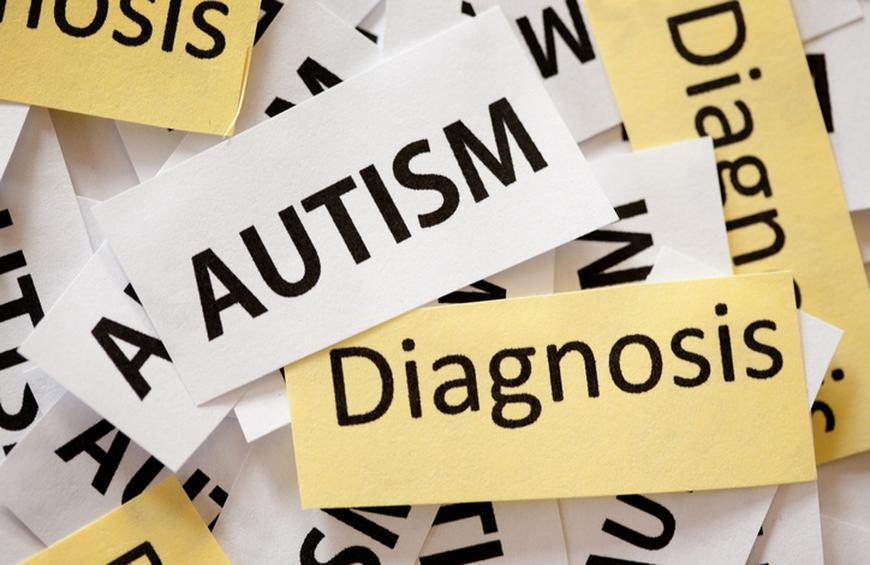
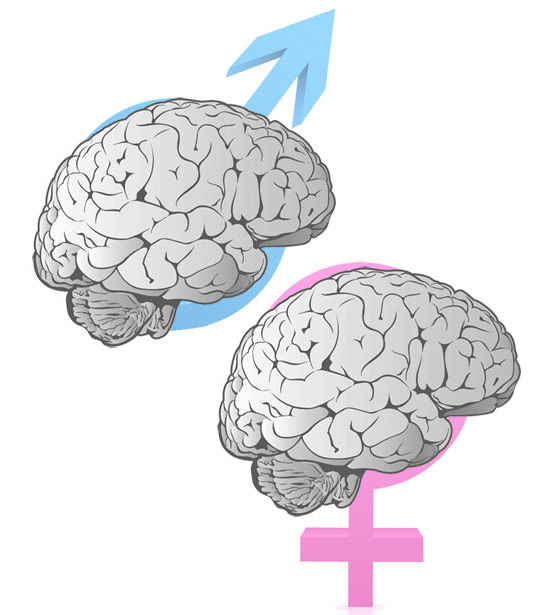
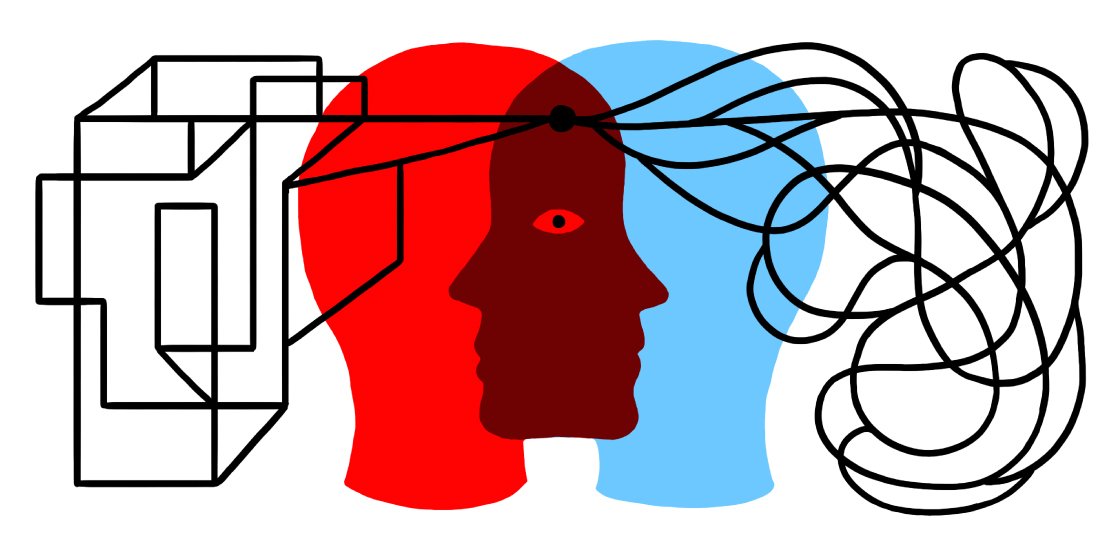
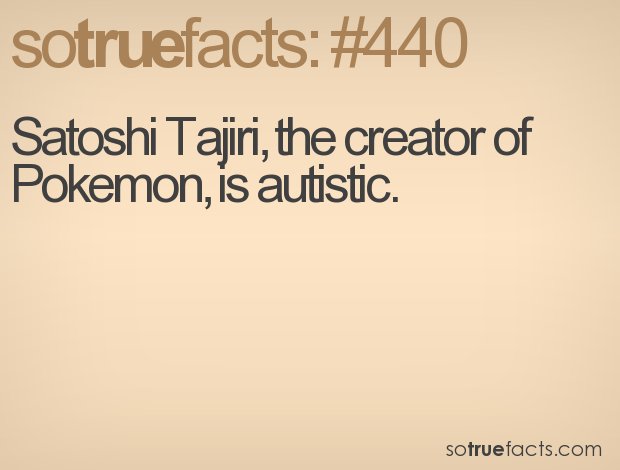 11/17" title="It was interesting learning these facts. now I wanna go onto speaking about my own experiences and symptoms and how they can affect me in certain situations https://abs.twimg.com/emoji/v2/... draggable="false" alt="💖" title="Funkelndes Herz" aria-label="Emoji: Funkelndes Herz">11/17" class="img-responsive" style="max-width:100%;"/>
11/17" title="It was interesting learning these facts. now I wanna go onto speaking about my own experiences and symptoms and how they can affect me in certain situations https://abs.twimg.com/emoji/v2/... draggable="false" alt="💖" title="Funkelndes Herz" aria-label="Emoji: Funkelndes Herz">11/17" class="img-responsive" style="max-width:100%;"/>
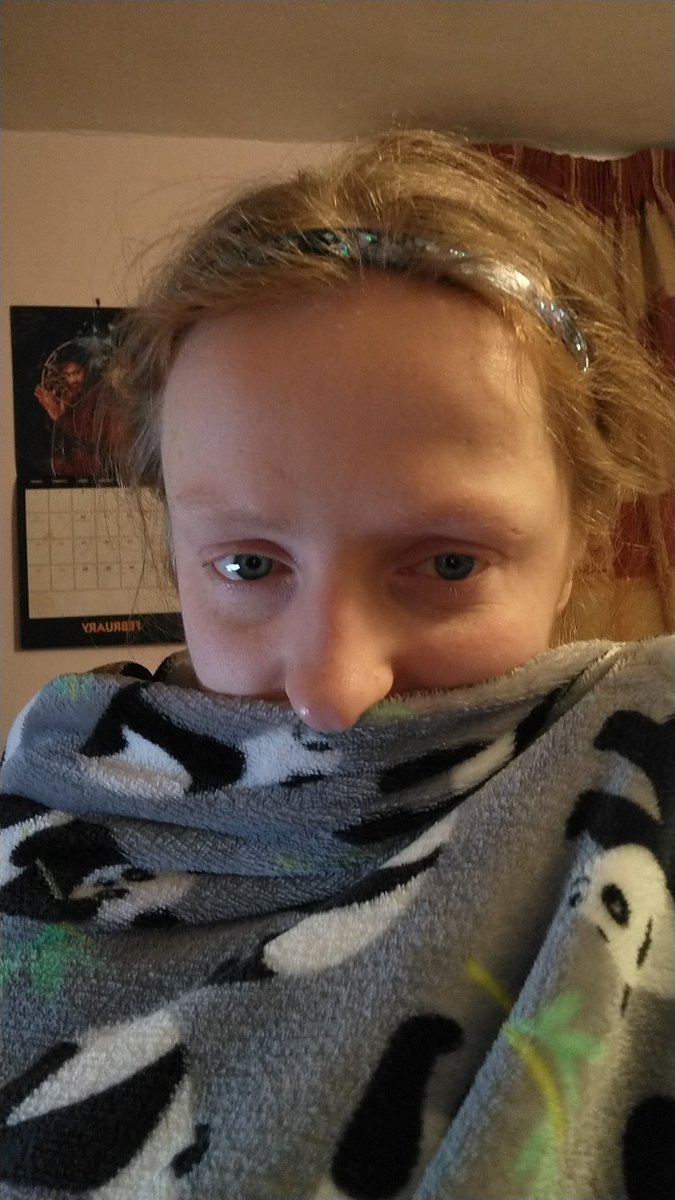
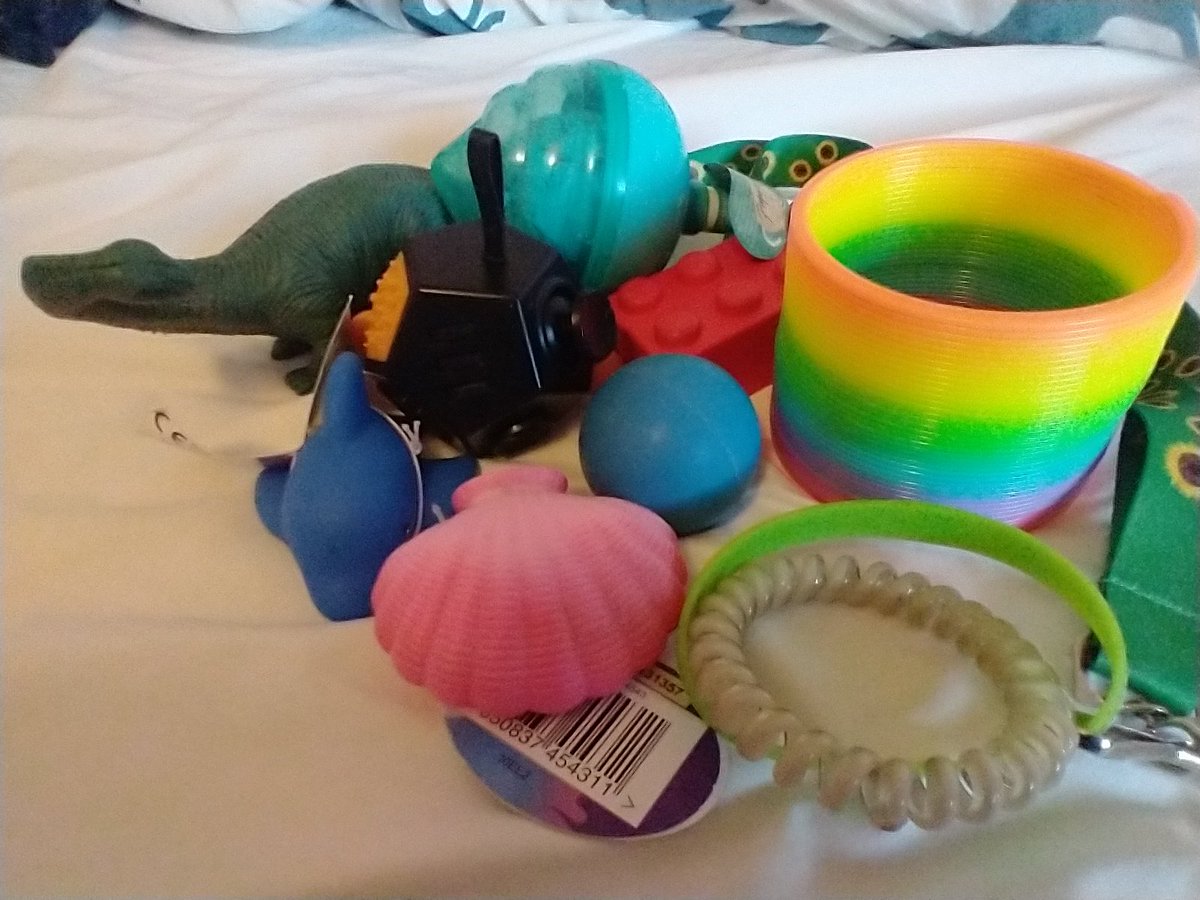
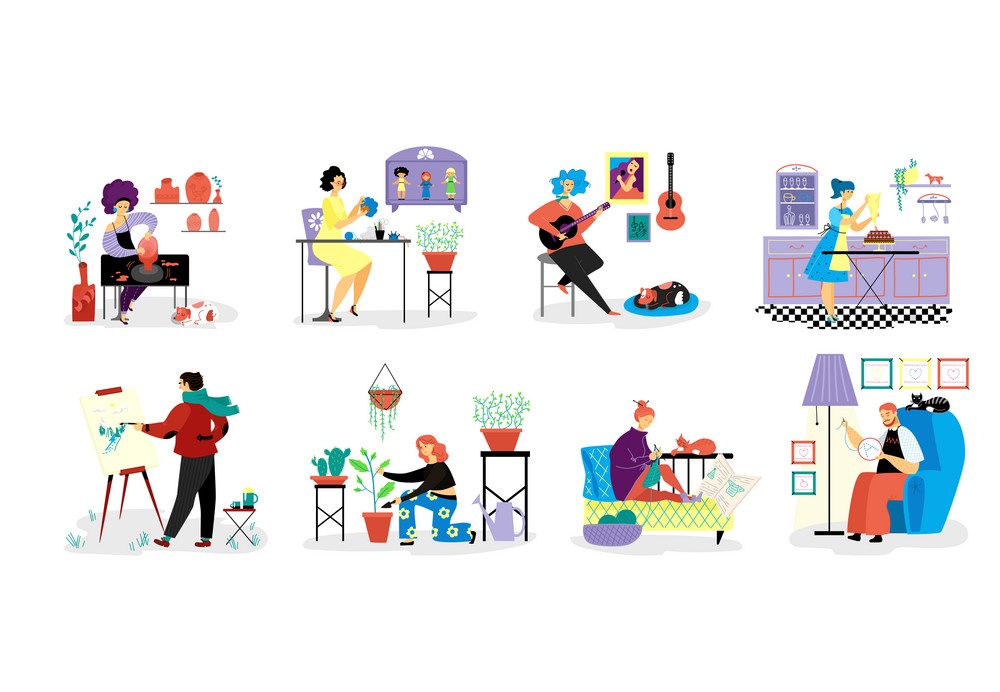
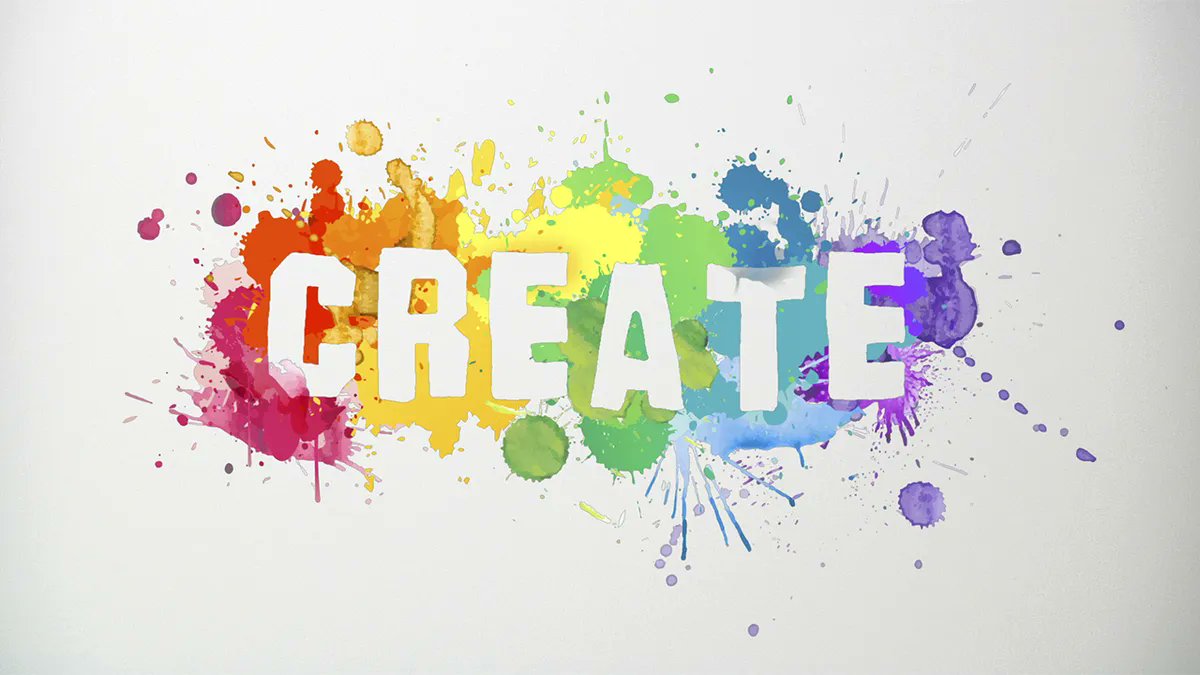
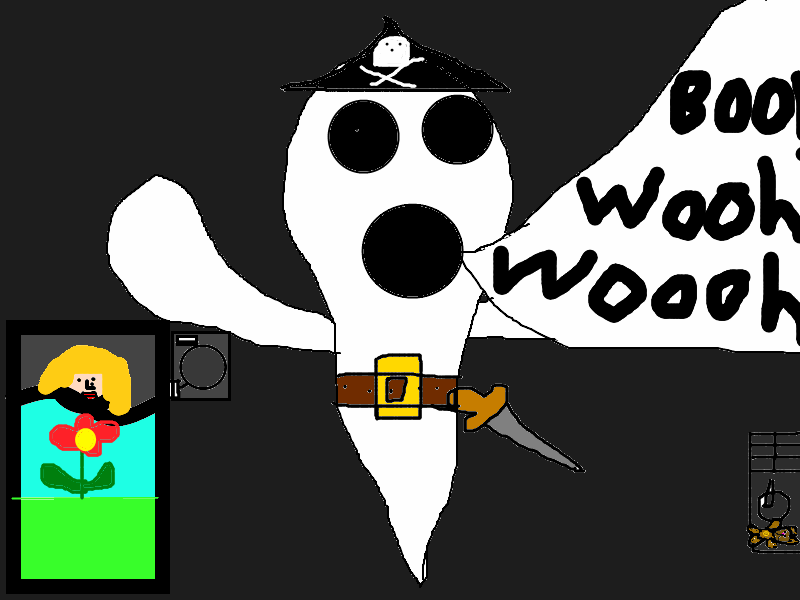 16/17" title="I& #39;ve been doing artwork since I was very young and I still enjoy creating pictures to this day, my skills have steadily improved over the years and will continue to improve for many years to come https://abs.twimg.com/emoji/v2/... draggable="false" alt="💖" title="Funkelndes Herz" aria-label="Emoji: Funkelndes Herz">16/17">
16/17" title="I& #39;ve been doing artwork since I was very young and I still enjoy creating pictures to this day, my skills have steadily improved over the years and will continue to improve for many years to come https://abs.twimg.com/emoji/v2/... draggable="false" alt="💖" title="Funkelndes Herz" aria-label="Emoji: Funkelndes Herz">16/17">
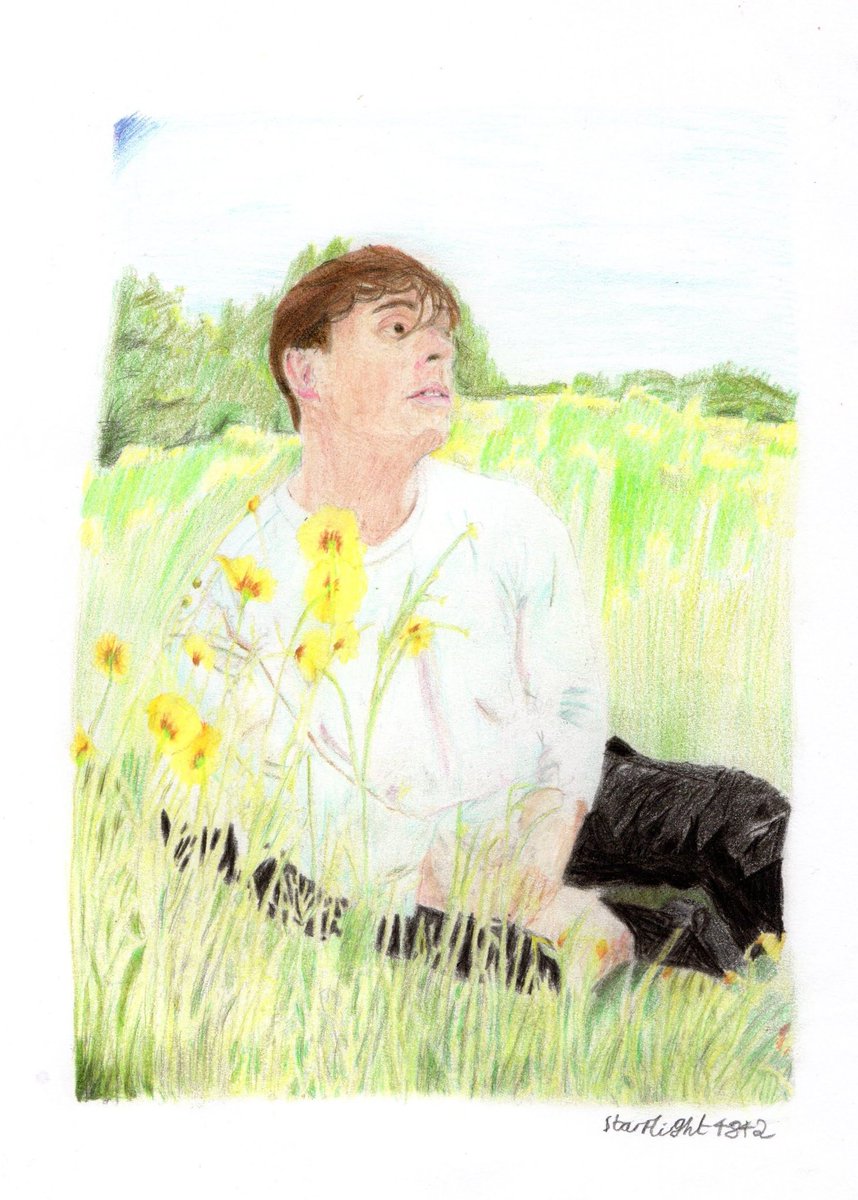 16/17" title="I& #39;ve been doing artwork since I was very young and I still enjoy creating pictures to this day, my skills have steadily improved over the years and will continue to improve for many years to come https://abs.twimg.com/emoji/v2/... draggable="false" alt="💖" title="Funkelndes Herz" aria-label="Emoji: Funkelndes Herz">16/17">
16/17" title="I& #39;ve been doing artwork since I was very young and I still enjoy creating pictures to this day, my skills have steadily improved over the years and will continue to improve for many years to come https://abs.twimg.com/emoji/v2/... draggable="false" alt="💖" title="Funkelndes Herz" aria-label="Emoji: Funkelndes Herz">16/17">
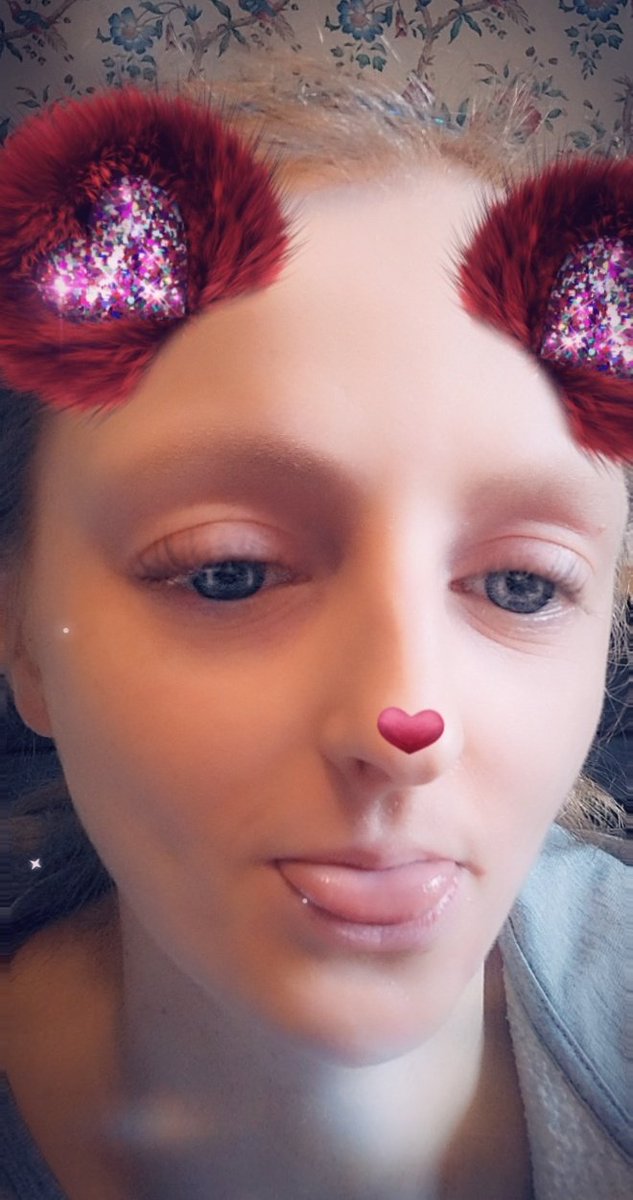 https://abs.twimg.com/emoji/v2/... draggable="false" alt="🧠" title="Gehirn" aria-label="Emoji: Gehirn"> @Fanderdays17/17" title="I hope that you all enjoyed this thread and if you have any questions, feel free to drop them in the comments or DM me https://abs.twimg.com/emoji/v2/... draggable="false" alt="🌈" title="Regenbogen" aria-label="Emoji: Regenbogen">https://abs.twimg.com/emoji/v2/... draggable="false" alt="🧠" title="Gehirn" aria-label="Emoji: Gehirn"> @Fanderdays17/17">
https://abs.twimg.com/emoji/v2/... draggable="false" alt="🧠" title="Gehirn" aria-label="Emoji: Gehirn"> @Fanderdays17/17" title="I hope that you all enjoyed this thread and if you have any questions, feel free to drop them in the comments or DM me https://abs.twimg.com/emoji/v2/... draggable="false" alt="🌈" title="Regenbogen" aria-label="Emoji: Regenbogen">https://abs.twimg.com/emoji/v2/... draggable="false" alt="🧠" title="Gehirn" aria-label="Emoji: Gehirn"> @Fanderdays17/17">
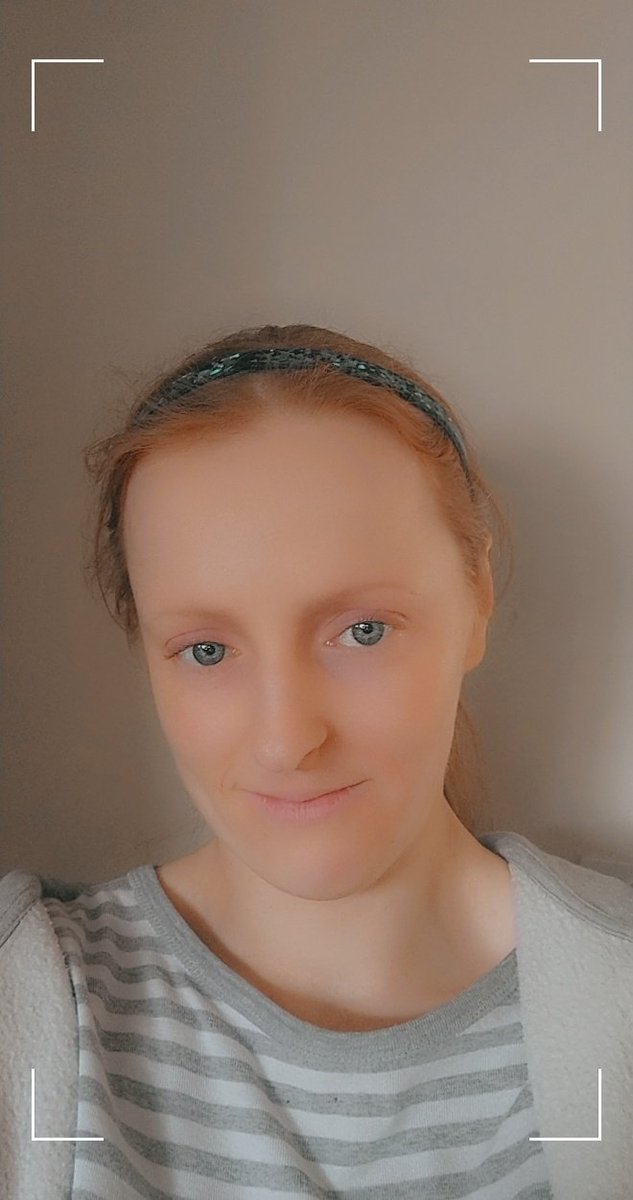 https://abs.twimg.com/emoji/v2/... draggable="false" alt="🧠" title="Gehirn" aria-label="Emoji: Gehirn"> @Fanderdays17/17" title="I hope that you all enjoyed this thread and if you have any questions, feel free to drop them in the comments or DM me https://abs.twimg.com/emoji/v2/... draggable="false" alt="🌈" title="Regenbogen" aria-label="Emoji: Regenbogen">https://abs.twimg.com/emoji/v2/... draggable="false" alt="🧠" title="Gehirn" aria-label="Emoji: Gehirn"> @Fanderdays17/17">
https://abs.twimg.com/emoji/v2/... draggable="false" alt="🧠" title="Gehirn" aria-label="Emoji: Gehirn"> @Fanderdays17/17" title="I hope that you all enjoyed this thread and if you have any questions, feel free to drop them in the comments or DM me https://abs.twimg.com/emoji/v2/... draggable="false" alt="🌈" title="Regenbogen" aria-label="Emoji: Regenbogen">https://abs.twimg.com/emoji/v2/... draggable="false" alt="🧠" title="Gehirn" aria-label="Emoji: Gehirn"> @Fanderdays17/17">


